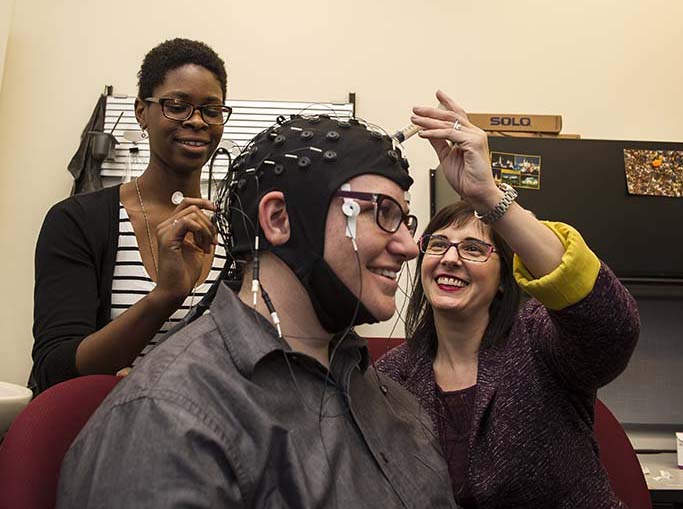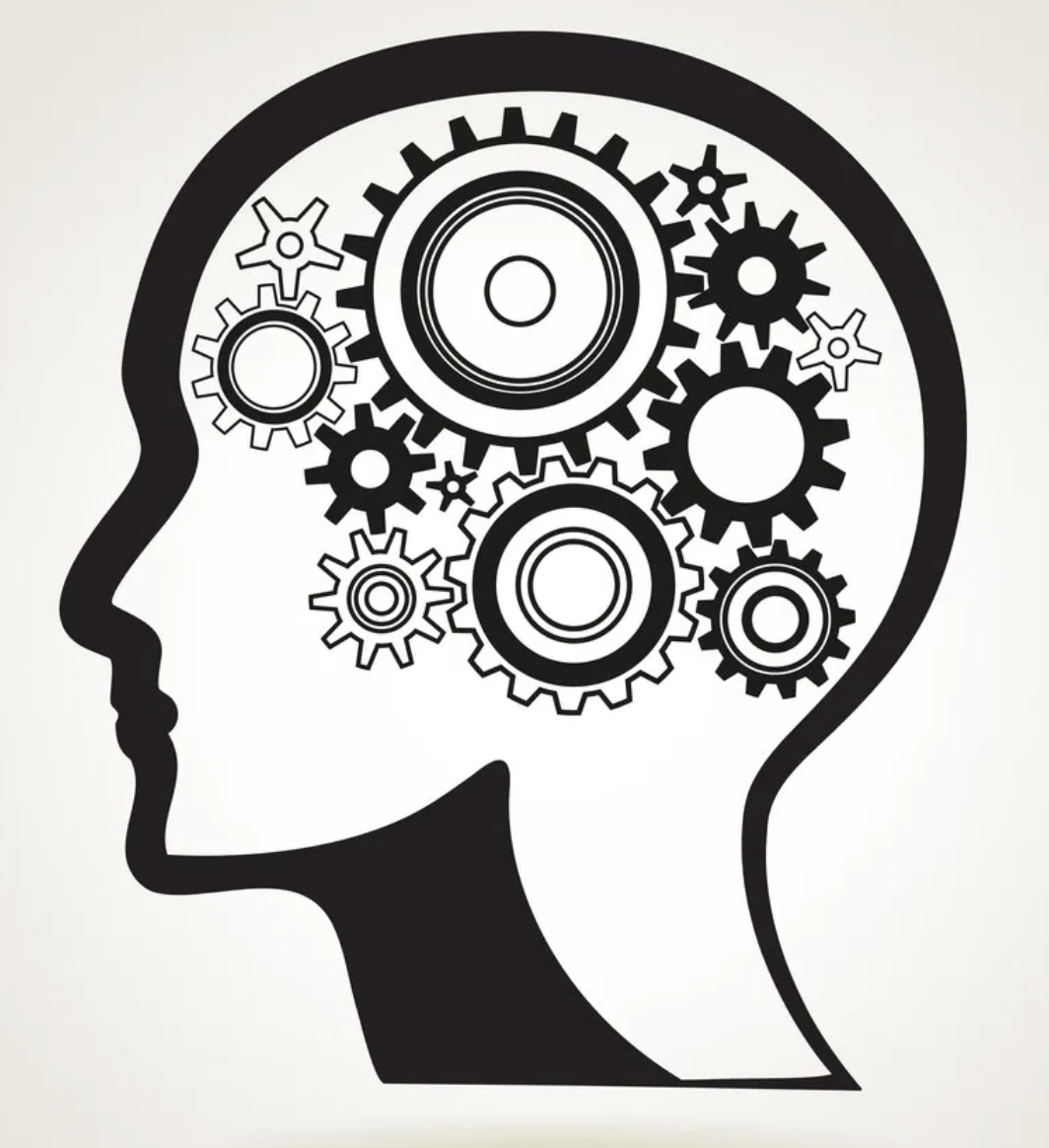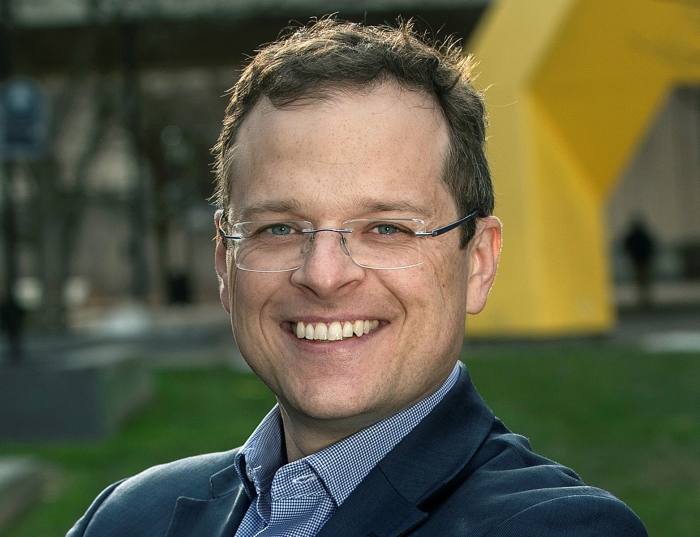Cognitive Neuroscience
Many of our cognitive faculty and students participate in the Center for the Neural Basis of Cognition (CNBC), which brings together Pitt and Carneige Mellon University researchers working at the interface between cognition and neuroscience, including labs in psychology, neuroscience, neurobiology, biology, computer science, statistics, mathematics, bioengineering and robotics. Graduate students can participate in the CNBC joint training and certificate program. To give one example of our cognitive neuroscience research, neuroimaging work in Julie Fiez's lab challenges the traditional notion that verbal working memory relies upon a phonological store located in the inferior parietal cortex. To further substantiate these findings, the lab is now investigating the patterns of preserved and impaired working memory performance associated with damage to the parietal cortex.
Our cognitive neuroscience labs use methods that include MRI, fMRI, EEG, eye-tracking, intracranial electrodes, neuropsychological patients, and more. Some of our faculty are closely involved with the running of the joint Pitt and CMU BRain Imaging Data Generation and Education (BRIDGE) Center, which allows us to scan fMRI participants in a cutting-edge facility mere blocks from our labs.
Language, Reading, and Text Instruction
 The cognitive program has a rich tradition of research into language and reading. Topics studied in this area include: word processing, word learning (in both native and second languages), reading, effects of writing systems on reading, sentence processing (in both native and second languages, and in individuals with aphasia), syntactic adaptation, prosody, disfluencies, text comprehension, second language learning, and bilingual processing. Some of the methods used in this research include: ERPs, eye tracking, fMRI, MEG, behavioral experiments, and surveys.
The cognitive program has a rich tradition of research into language and reading. Topics studied in this area include: word processing, word learning (in both native and second languages), reading, effects of writing systems on reading, sentence processing (in both native and second languages, and in individuals with aphasia), syntactic adaptation, prosody, disfluencies, text comprehension, second language learning, and bilingual processing. Some of the methods used in this research include: ERPs, eye tracking, fMRI, MEG, behavioral experiments, and surveys.
This language and reading research forms the core of a broad web of language research at Pitt. Bi-weekly Reading and Language Group meetings bring together students and faculty from the cognitive program who are interested in language, to hear about on-going research projects; these meetings are also often attended by researchers from the School of Education, LRDC, CNBC, Communication Science and Disorders department and Linguistics department. Our students and faculty routinely collaborate with researchers from these other divisions and departments, broadening the range of questions asked and expertise available. Because the cognitive program is housed in the Learning Research and Development Center (LRDC), which has a focus on education, we also have a strong tradition of work investigating applied questions in reading, reading instruction, and second language learning.
Higher-level Cognition, Instruction, and Complex Learning
 Building on our program's strong connection with the Learning Research and Development Center (LRDC), many faculty and students explore aspects of higher-level cognition and its interaction with instruction and learning. Topics studied in include executive function, analogy, creativity, problem solving, decision making, causal reasoning, spatial reasoning, transfer, and categorization, with bridges into social cognitive processes (e.g., creativity and problem solving in groups), motivation, metacognition, and the development of higher-level cognition. This research often connects to complex real-world settings, like classrooms, engineering design, scientific discovery, mathematical problem solving, and medical decision making. Although much of the research uses psychology lab techniques for experimental rigor, some involves studying experts and novices working in real world settings on real world tasks. Relevant methods include eye-tracking, gesture analysis, and verbal protocol analysis.
Building on our program's strong connection with the Learning Research and Development Center (LRDC), many faculty and students explore aspects of higher-level cognition and its interaction with instruction and learning. Topics studied in include executive function, analogy, creativity, problem solving, decision making, causal reasoning, spatial reasoning, transfer, and categorization, with bridges into social cognitive processes (e.g., creativity and problem solving in groups), motivation, metacognition, and the development of higher-level cognition. This research often connects to complex real-world settings, like classrooms, engineering design, scientific discovery, mathematical problem solving, and medical decision making. Although much of the research uses psychology lab techniques for experimental rigor, some involves studying experts and novices working in real world settings on real world tasks. Relevant methods include eye-tracking, gesture analysis, and verbal protocol analysis.
Science often benefits from explorations of applications of theoretical knowledge. The cognitive program at the University of Pittsburgh has a strong connection to education and instruction. This educational research ranges from very basic examinations of the psychological mechanisms underlying learning to very applied research that builds interventions heavily guided by cognitive psychology theories (e.g., design of intelligent tutoring and peer teaching systems).
Primary and Secondary Cognitive Faculty Research Areas
Attention and executive control:
Fiez, Hallion, Schneider, Wilckens
Cognitive neuroscience:
Coutanche, Fiez, Ghuman, Hallion, Libertus, Luna, Perfetti, Schneider, Tokowicz, Verstynen, Wilckens
Emotional and affective influences on cognition:
Fiez, Galla, Hallion, Luna, Nokes-Malach
High-level cognition, complex learning, and instruction:
Coutanche, Fraundorf, Galla, Lesgold, Libertus, Nokes-Malach, Perfetti, Rottman, Schunn, Tokowicz, Warren
Language, reading, and text processing:
Ashley, Dickey, Fiez, Fraundorf, Fricke Perfetti, Schneider, Tokowicz, Warren
Learning and memory:
Coutanche, Fiez, Fraundorf, Nokes-Malach, Rottman, Schneider
Problem solving and reasoning:
Libertus, Nokes-Malach, Perfetti, Rottman, Schunn
Social and collaborative processes in cognition:
Lesgold, Nokes-Malach











